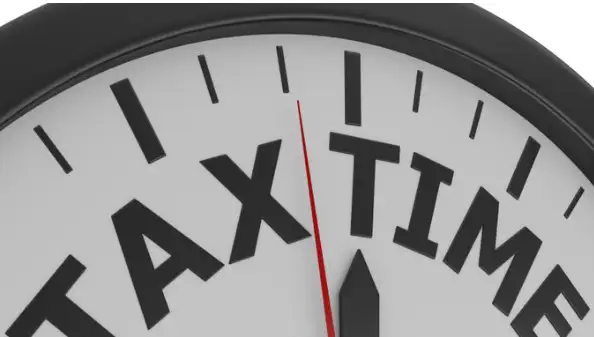HMRC roles out MTD to landlords and sole traders
As far back as 2019 Making Tax Digital (MTD) has been mandatory for all VAT registered businesses with a turnover above £85,000 and at that time we were preparing for all our affected client’s businesses to complete their VAT, corporation tax and income tax for self-assessment (ITSA) returns online, hopefully reducing the reliance on HMRC resources and reducing any delays.
Over the past few years HMRC have been requiring more businesses to switch to digital platforms and now it is the turn of Landlords and Sole Traders.
But don’t panic, the requirements do not come into force until 2027, although it is worth starting the transition process now.
As of April 2027, HMRC will extend MTD to landlords and sole traders with income over £30,000. However, whilst one of the main reasons for introducing MTD was to streamline the process there are now concerns that the extension of MTD for the self-employed will only exacerbate delays.
The next step for HMRC will be to move all self-assessment returns online, with MTD for Income Tax Self-Assessment (ITSA) set to replace the current system, meaning landlords and the self-employed will also need to submit statements quarterly too.
Before April 2027, HMRC has confirmed that all businesses and landlords earning over £50,000 will have to join MTD for ITSA from April 2026. This threshold will then fall to £30,000 from April 2027.
According to a recent article in The Telegraph HMRC expects that around 780,000 people with business or property income over £50,000 will join MTD for ITSA from April 2026, with a further 970,000 people joining from April 2027. Rather than saving people money as first muted, the article suggests that the total amount landlords and business owners will have to pay to join the MTD club is around £196m a year, equating to £110 per business on subscriptions and software in order to comply with HMRC’s digital tax drive. There is also likely to be a one-off transitional cost, approximately £350 for each business as well.
Richard Wild of the Chartered Institute of Taxation said the latest figures are “evidence of a growing recognition by HMRC that the ongoing financial costs of MTD to business are much higher than they originally estimated, and those now in scope should expect to incur ongoing costs rather than generating efficiency savings.”
Speak to us now to help minimise the switch to MTD for your business.
